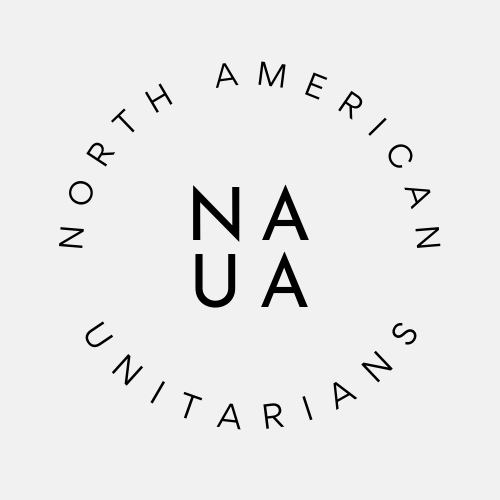Prophetic figures know how to say, “no” and “no more.” We see this happening right now as protesters in North Dakota are gathered with the Standing Rock Sioux to say “no” to another pipeline and “no more” to the fossil fuel industry. The prophet draws a line in the sand. Prophets are important for the evolution of society for this reason, because it’s hard to change, to progress, to advance if someone isn’t wise enough and courageous enough to say “no, no more!” The hazard of being a prophet, however, is standing so far back from our own lines that we begin to feel isolated, alone, even hopeless and a little paranoid at times. When the lines are so sharp we easily become focused on them and too nearsighted to see beyond the cause we’re fighting for, or, maybe better put, the injustice we’re fighting against. Sometimes fighting for and fighting against look just alike to everyone else, but they feel a lot different to us. To me fighting for feels hopeful and positive, but I feel angry and negative when I fight against. Fighting for also allows me to better see the progress I’m struggling to help achieve, whereas when fighting against I only see the enemy. Global Warming, for me, is the most frightening threat I’ve ever faced and fossil fuels are clearly the enemy. We have to say, “no, no more!” Yet I’m also hopeful it’s a battle we’re winning, and that even though the threat is still present and our governments are lackluster in their responses, ordinary people and industries are already making a huge impact. I learned recently, for instance, that Brazil now has half a million green collar jobs, and here in the U.S. there are now more jobs in the solar industry than in the oil industry, the coal mining industry is currently losing about 100,000 jobs a year, and the job most in demand by far right now is for windmill repair technicians. We’ve also succeeded in stopping six new coal export terminals in our State, stopped the Keystone XL pipeline, and have put a halt for now to the Dakota Access Pipeline. As prophetic activists, it’s important to keep hope, to appreciate our own progress, and to remember it’s okay to color outside our own lines.
Google Map

